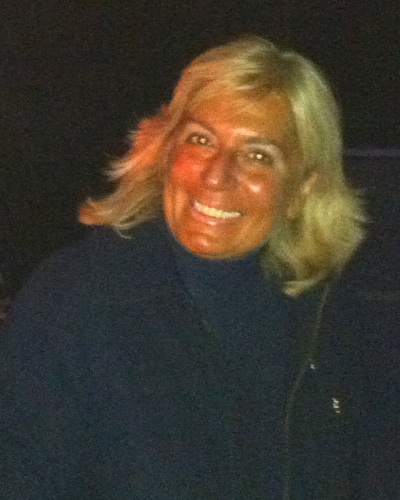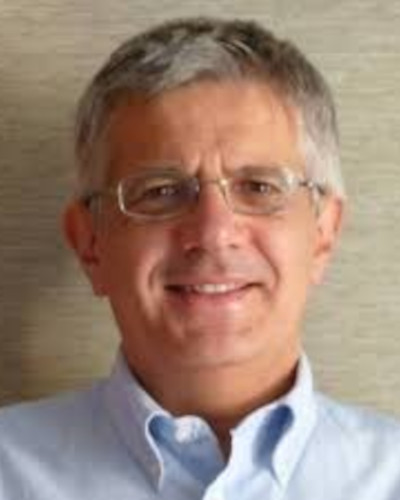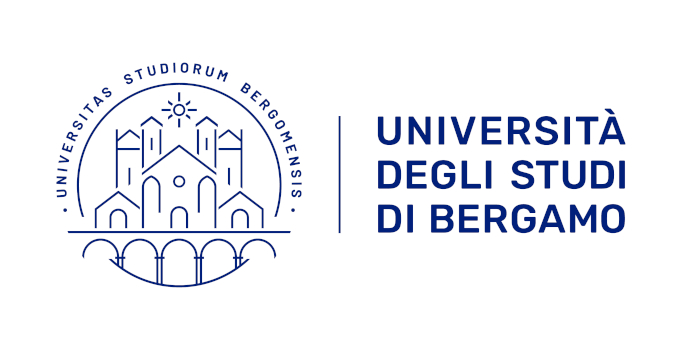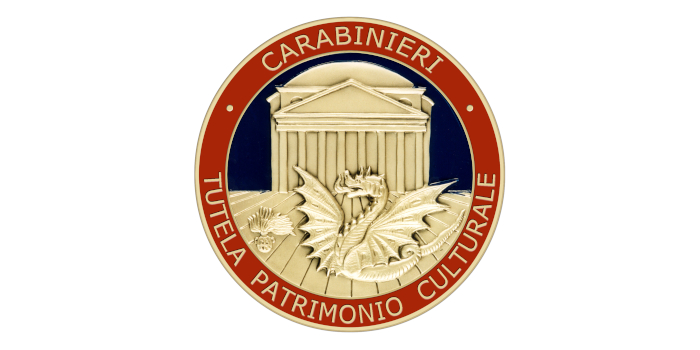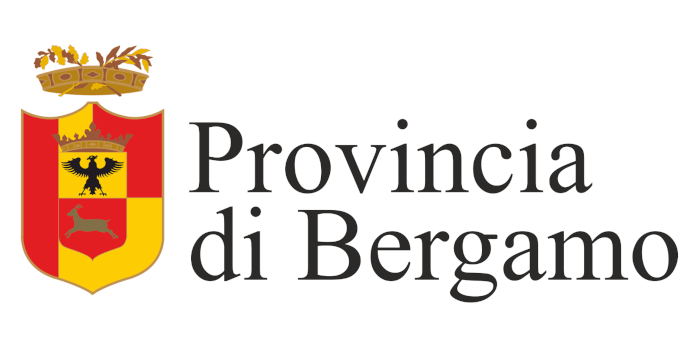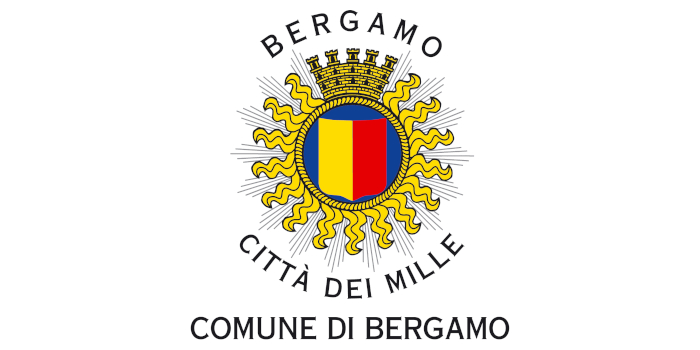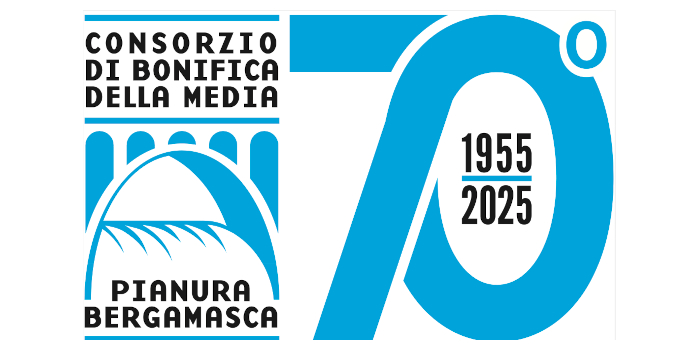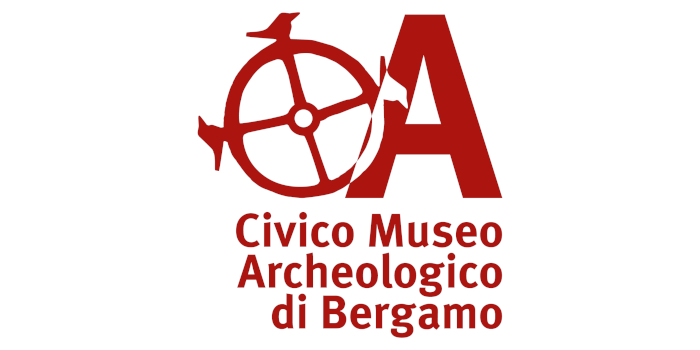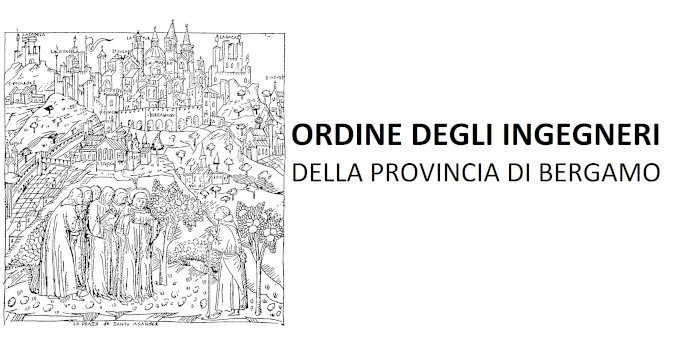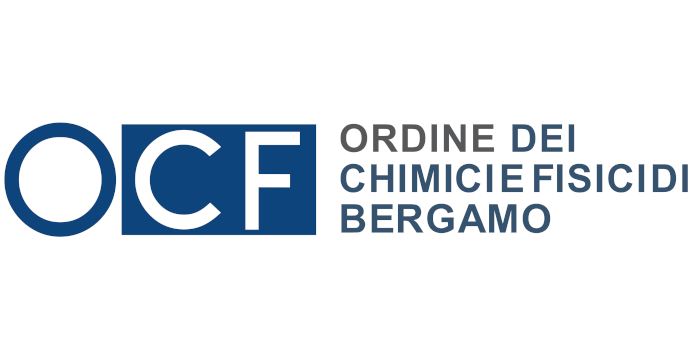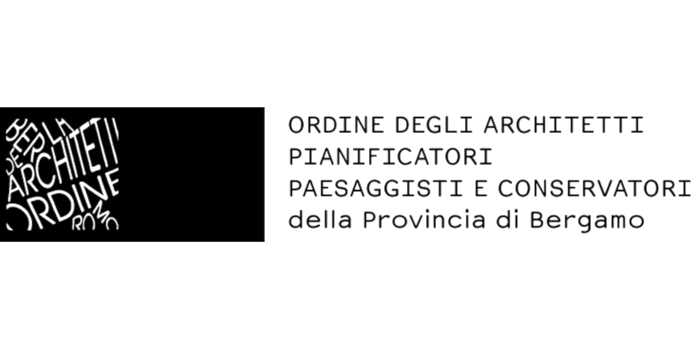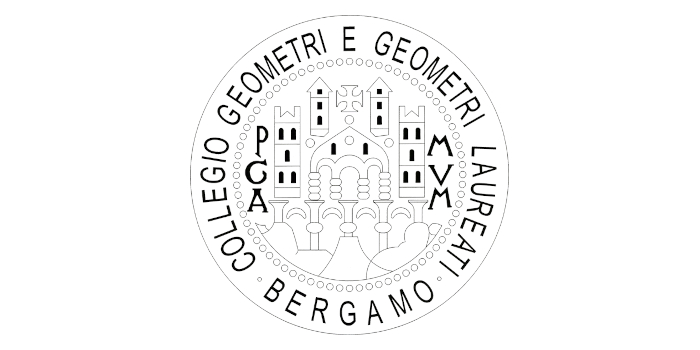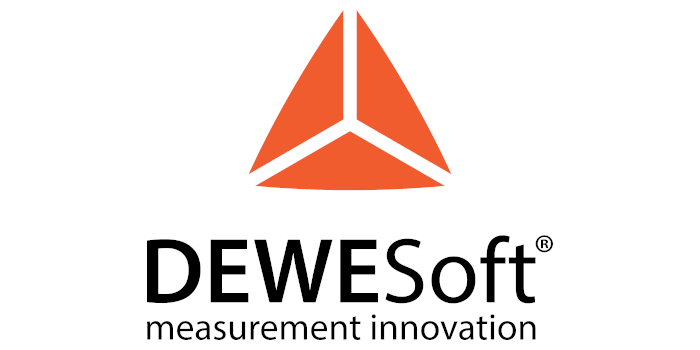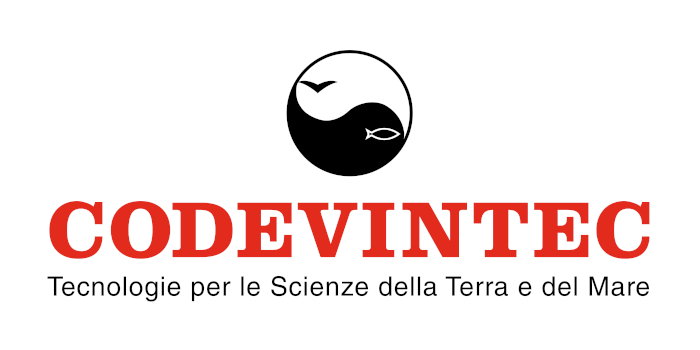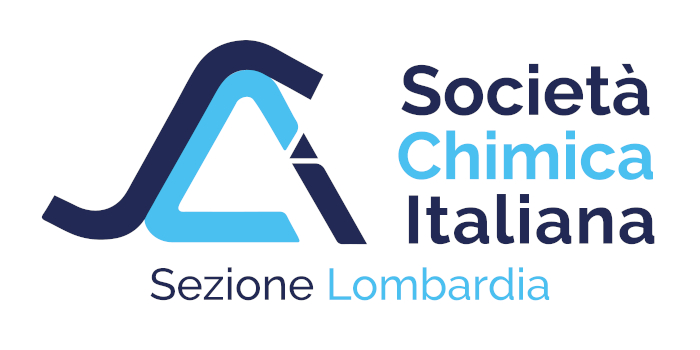SPECIAL SESSION #10
Geomatics for Archaeology and Cultural Heritage: multi-source and multi-scale data integration and processing in research and applications
ORGANIZED BY
Maria Grazia D'Urso
Department of Engineering and Applied Sciences, University of Bergamo, Italy
Gabriele Bitelli
Department of Civil, Chemical, Environmental and Materials Engineering, University of Bologna, Italy
ABSTRACT
Geomatic measurements are a fundamental pillar for archaeological studies and cultural heritage management. Modern technologies offer extraordinary opportunities to document, preserve and study archaeological, architectural, and landscape heritage, reducing the risks of irreparable damage and enabling more effective and lasting management. Despite of the challenges related to climate changes and environmental degradation, evolving geomatic measurement techniques and interdisciplinary expertise are committed to shape the future of archaeological research and cultural heritage protection in increasingly innovative and sustainable ways.
Integration of different range-based and image-based methods - in connection with different sensors - requires a careful implementation, founded on a scientific rigorous base, and the management of the most advanced technologies for satisfying the metric requirements and data quality assessment, at any scale to which they are applied, from the single object to its geographical context.
TOPICS
This Special Session aims to promote the interplay between the researchers of the scientific community by presenting and discussing experiences and research contributions on the following topics:
- Integration of Geomatic techniques for Cultural Heritage data acquisition and processing;
- Development of sensors and special devices for surveying, monitoring, remote control;
- Data fusion for advanced remote sensed techniques in Archaeology;
- 3D modelling, HBIM and informative models of sites, monuments, objects;
- Medium and long-term monitoring and safety assessment of buildings, structures and infrastructures;
- Integrated techniques for damage and degradation evaluation for Cultural Heritage;
- Quality evaluation and standards in recording and documenting Built Heritage;
- Instrumental calibration for 3D data acquisition;
- Multi-resolution and multi-temporal geospatial data management;
- Virtual/Augmented Reality and Digital Twins;
- AI based applications in Cultural Heritage;
- Archives and geospatial data;
- GIS and HGIS, structures and interface developments.
ABOUT THE ORGANIZERS
Maria Grazia D'Urso full Professor of Geomatics at the University of Bergamo, Department of Engineering and Applied Sciences (DISA). Fellow of national and international Scientific Committees; currently Chair of the Commission V/ISPRS, WG 2. Responsible for the University of Bergamo of European projects, scientific responsible for operative units of several national research projects, of national and international workshops and reviewer for different peer-reviewed international journals. The main research interests are related to surveying and monitoring with integrated geomatic techniques; new approaches for studying the gravity and gravitational terrestrial field; applications of Photogrammetry, Laser-Scanning and Geographical Information Systems to Cultural Heritage; 3D modeling of archaeological sites; geomatic applications in risk analysis and management of emergencies; geomatic monitoring for structures; innovative geomatic techniques in precision farming; fuzzy logic and its applications in environmental and urban context; digital terrain models and mapping of urban landscapes. Author and co-author of several papers published in national and international journals as well as in the international proceedings of Conferences.
Gabriele Bitelli full Professor of Geomatics at Bologna University, Department of Civil, Chemical, Environmental and Materials Engineering (DICAM). The main research interests are related to surveying and monitoring with integrated Geomatic techniques, applications of geo-spatial methods for 3D Cultural Heritage surveying and modeling, deformation control for structures and territory, Remote Sensing for environmental change detection and risk management, digital approaches for historical cartography, Geographic Information Systems. He has been Principal Investigator and Scientific Responsible for EU and national research projects, and Coordinator of the Italian academic Association of Professors in Surveying and Mapping. Reviewer for many scientific Journals and Component of the Scientific Committee for several National and International Workshops. He is author or co-author of more than 300 national and international scientific papers.


